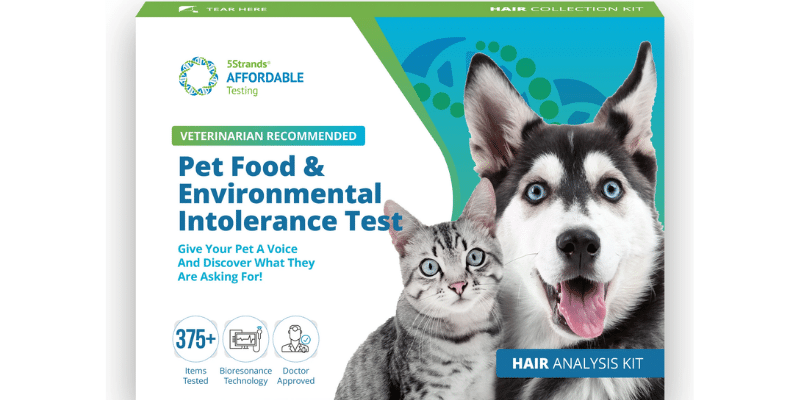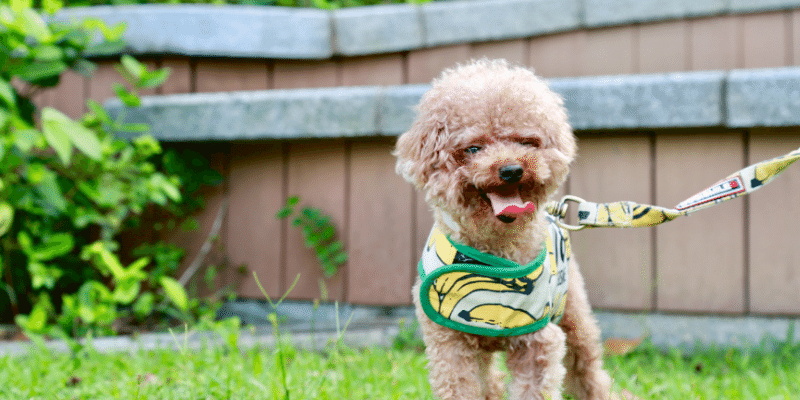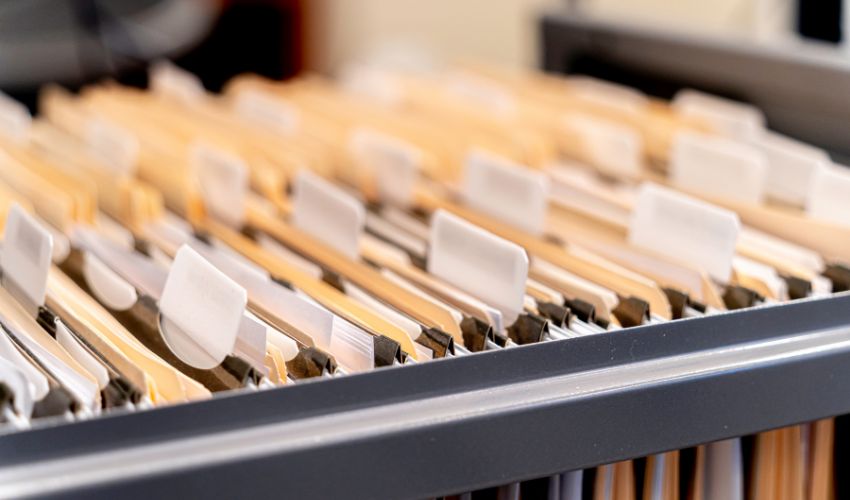As cat owners, we always want our feline friends to be healthy and happy. However, our cats will inevitably experience health problems from time to time. One common issue that cats face is constipation. Like humans, cats may experience constipation due to various factors. Perhaps at some point, you’ve wondered, “Can antibiotics cause constipation?” We’ll answer that question and help you understand the causes of cat constipation, how to treat it, and how to prevent it from happening. Before diving into the causes of constipation in cats, let’s first understand what constipation is.
What Is Constipation?
Constipation in cats is a condition when the stool becomes hard and dry, making it difficult for cats to pass. Hence, they may defecate less frequently than usual or strain while trying to defecate.
Causes of Constipation In Cats
There are several potential causes of constipation in cats, including but not limited to the following:
Medications
Several medications, including antibiotics, opioids, and antihistamines, have been known to cause constipation in felines by disrupting the digestive system’s normal functioning. These drugs can significantly slow down bowel movements, making it difficult for cats to excrete feces regularly. This condition causes physical discomfort and increases the risk of developing other health complications if left unaddressed.
Dehydration
Another leading cause of constipation in cats is dehydration. When your cat doesn’t consume enough water, their body tries to conserve water by extracting more moisture from the stool. This, in turn, makes the poop hard and difficult to pass.
Lack of Fiber in the Diet
A low-fiber diet may cause constipation in cats. Fiber is an essential nutrient for maintaining healthy gut and bowel movements. When cats consume a diet that contains insufficient fiber, their digestive system slows down. This means that stool stays in the large intestine for extended periods than necessary, allowing water to get absorbed.
Physical Inactivity
Like humans, cats need regular exercise to stimulate the digestive system and maintain a healthy bowel movement frequency. Cats who lead a sedentary lifestyle may develop constipation as physical activity helps food move through the intestines and bowels.
Underlying Health Conditions
Sometimes, constipation in cats can be a symptom of underlying health conditions like kidney disease or diabetes. These conditions can affect the normal functioning of your cat’s digestive system and cause constipation. Identifying the underlying cause of constipation in cats is crucial to determine the appropriate course of action.
Treatment for Constipation in Cats
If you notice that your cat is constipated, it is essential to consult with a veterinarian for proper diagnosis and treatment. The treatment for constipation in cats may vary based on the underlying cause and severity of the condition.
Dietary modifications and increased water intake may be enough to relieve constipation. This may involve including more fiber in your cat’s diet by switching to high-fiber cat food or adding fiber supplements. Your veterinarian may also recommend increasing your cat’s water intake by providing clean, fresh water and potentially adding wet food. Probiotics may also be recommended to promote a healthy gut bacteria balance and improve digestion.
In more severe cases or when an underlying health condition causes constipation, your veterinarian may recommend additional treatments, such as enemas or laxatives, to help relieve constipation. It is essential to closely follow your veterinarian’s recommended treatment plan for your constipated cat to ensure their health and comfort. In rare cases, surgery may be required to treat severe constipation in cats caused by physical obstructions in their digestive system.
As a pet owner, monitoring your cat’s bowel movements and seeking veterinary help if they experience constipation for a prolonged period is essential.
Preventing Constipation in Cats

Fortunately, there are steps that pet owners can take to help prevent constipation in cats. One of the most effective ways to prevent constipation in cats is by providing them with a healthy diet that includes enough fiber and water. This means feeding your cat a high-quality, balanced diet that meets their nutritional needs and avoiding too many treats or human food that can upset their digestive system.
In addition to diet, providing your cat with regular exercise and playtime can also help promote healthy digestion and prevent constipation. Regular veterinary check-ups and preventative care can also help detect and address potential health issues before they become more severe and result in constipation. As a responsible pet owner, it is vital to take steps towards preventing constipation in cats and ensure their overall well-being.
Conclusion
Constipation is a common issue among cats and may be caused by various factors such as medication, dehydration, diet, physical inactivity, and underlying health conditions. If your cat is experiencing constipation, seeking veterinary help for proper diagnosis and treatment is crucial.
Following your veterinarian’s recommended treatment plan and monitoring your cat’s bowel movements regularly can help alleviate their discomfort and ensure their health. Additionally, pet owners can help prevent constipation in cats by providing them with a healthy diet rich in fiber and water, regular exercise and playtime, and regular veterinary check-ups. Overall, prevention and early intervention are vital to ensuring your cat’s digestive health.















